According to epigenetics, there is a legacy of pain that can be inherited from your previous generations. Learn how intergenerational trauma can impact your genetic code.
PTSD is a whole-body tragedy, an integral human event of enormous proportions with massive repercussions. ― Susan Pease Banitt
Intergenerational Trauma: Can Trauma Be Passed Down Through DNA?
Intergenerational Trauma is the idea that serious trauma can affect the children and grandchildren of those who had the first-hand experience, due to living with a person suffering from PTSD and the challenges that can bring.
What’s new is that thanks to the emerging field of epigenetics, science is discovering that trauma is being passed down to future generations through more than simply learned behaviors.
One widely reported intergenerational trauma example is of holocaust survivors passing on the effects of trauma to children and grandchildren. It seems that trauma or its effects are being passed down through our genes, and it has enormous consequences for us as a species.
Are We Passing Down Trauma On Our Children?
The single most dangerous idea I learned in school is that the genes you get from your parents are passed on to your children, and nothing you do in your life changes them. Thankfully, however, the findings of the new scientific field of epigenetics is starting to change this dangerous attitude.
We do indeed pass on the exact same chromosomes from parent to child, however, the quality they are in when we receive them can be improved or diminished according to what happens to us and the choices we make during our lifetime.
Related: 3 Ways To Handle Childhood Trauma
The reason why it’s dangerous for us to believe otherwise is that it has lead to entire generations of people believing that their choices concerning their own body and the environment affecting it have no detrimental effect on the genes of future generations. In short, it has the potential to see us devolve, simply out of ignorance.
Fortunately, as awareness of epigenetics spreads, it’s helping people understand that how we live our lives can change the quality of our own genes for the better and those we pass on to our offspring.
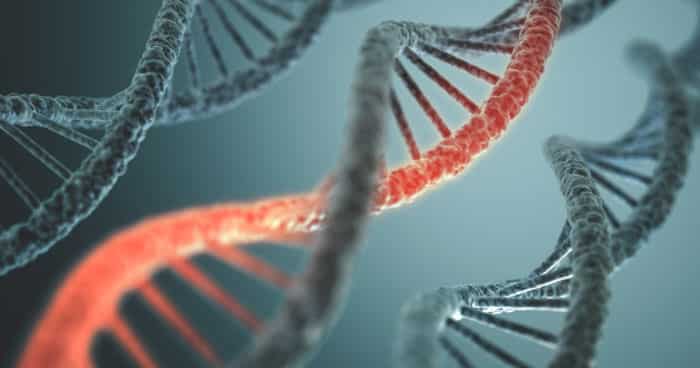
Epigenetics And Mental Health: How Inherited Trauma Affects You
We all know the image of a DNA double helix. Imagine now that each of the thirteen rungs in the spiral ladder that makes a chromosome is not simply a rung, but a binary, amino acid on/off switch.
You may have received an exact same chromosome that your mother or your father carried, but this chromosome has been changing according to the way you’ve been living your life some rungs in the ladder are off where they were once on and vice versa. Your genes are responding to the environment like you are, because like you are, they are alive.
Related: How Childhood Trauma Impacts our Physical, Emotional and Relational Health
Our DNA exists at the heart of our cells and provides the instructions for new cells to be created, so better quality DNA equals better quality instructions for cells to be created and in turn a happier, healthier body. On the other hand, continued degradation of the epigenetic structure of our genes could be leading to lowering of immunity and fertility and increased susceptibility to cellular mutation.
When Emotional Trauma Becomes Overwhelming
In simple terms, trauma occurs when we reach a point where we can’t cope, we are overwhelmed and we don’t have the tools or skills to find our way through. We find ourselves in a state where our sympathetic nervous system goes into overdrive and we can get stuck in fight or flight mode for far longer than our body is designed to remain that way.
Sustaining this state of high alert causes depletion and disruption of the normal functions of our system. In our culture, we refer to acute cases of this as PTSD, post-traumatic stress disorder.
Thanks to this diagnosis, we have this somewhat arbitrary boundary which almost says that the truly traumatized people are on one side and the rest of us are on the other.
The reality is that the boundary between those who suffer from PTSD and everyone else was invented, created, made up by the human mind with little regard for the fact that trauma is carried within us all in varying degrees. Each of us is on a sliding scale that goes all the way up to and past the line that tips a person into being diagnosed with PTSD.
Related: PTSD – Here Are 5 Ways To Cope With It
The kind of trauma we all carry can include the smallest things like the time we were laughed at for not knowing the answer to a question or other seemingly insignificant things like being teased as a child.
It can include any moments of pain and tragedy that have occurred throughout our life, but by far the biggest factor of whether the pain remains with us as trauma is whether it was overwhelming and whether it continued to be overwhelming.
According to transpersonal psychologists, when the trauma is so overwhelming that our only defense mechanism is to avoid feeling it, then we continue to carry it until someday we have the courage and strength to finally feel all of it and come to emotional completion, though the physical event may have ended long ago.
A number of problems can prevent this: a person may not feel like they are in a safe enough environment, or not supported enough to go into the vulnerability of feeling their old pain in order to release it. The person may struggle with being re-traumatized by going back into the memory of what happened.
Releasing Our Trauma So It Doesn’t Get Passed On
For some people, it’s enough to explain to them that they simply need to accept and allow the feelings of pain and discomfort to exist instead of trying to hide them, avoid them or push them away.
As soon as a person judges and labels their inner pain as something bad or something they don’t want or don’t like, they are inadvertently and unwittingly grabbing and holding their pain and preventing it from leaving.
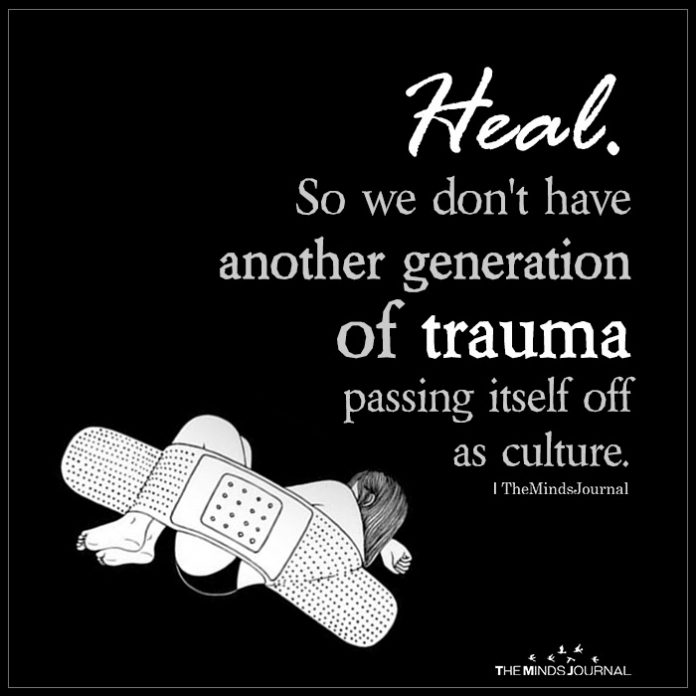
Allowing the pain to flow instead of trying to stop it from happening is how we allow it to leave us and be released, however, there is considerable risk of re-traumatization.
In my opinion, this occurs when a person wakes up their old pain and trauma to try to release it, but then instead of accepting and thereby allow it to flow out of them, they contract around it with their judgment that this is something they don’t want. So they experience the pain again but do so without actually releasing it.
Thinking how to cope up with trauma that you didn’t experience? Watch out the video on intergenerational trauma :
For many at the extreme end of the trauma scale known as PTSD, these experiences of past pain and trauma coming up in order to be released are uninvited and involuntary.
During these bouts which can be triggered by anything that remotely resembles the original trauma or nothing at all, re-traumatization is occurring repeatedly and compounding the problem.
What Happens When We Can’t Release Our Old Pain and Trauma?
If a person experiences trauma and they are never able to come to emotional completion because it is simply too overwhelming then the environmental influence of those events on the body through immense amounts of stress hormones signal to the genes that the environment is hostile and unsafe, and this has an effect on the epigenetic quality of the genes. The epigenetic structure of the genes changes and these genes in this state can then be passed to subsequent generations.
The worst examples of intergenerational trauma occur when a generation is born to carry the trauma of their parents, and their parents and now the children as well are still living in circumstances that are traumatic. In some cases, this can go on for generations, particularly in cases of ongoing war, colonization, and genocide.
Related: The 4 Common Parenting Styles and Their Effects on Kids
Prof. Judy Atkinson speaks about her work helping entire indigenous communities heal from transgenerational trauma in her book Trauma Trails, and the traditional approach she works with can be found in the following Uplift article.
Techniques such as breathwork and vipassana have also been successful as well as severe cases of PTSD having been healed through psychedelic means such as MDMA assisted psychotherapy, or ceremonial use of Ayahuasca.
Evolving, Not Devolving As A Species: Healing Intergenerational Trauma
I like to think that the epigenetic structure of our DNA can be like either a rock or a crystal. The molecules in a rock can be identical to those found in a crystal with the only difference being that the molecules in the rock are jumbled and those in the crystal are more aligned allowing light to pass through.
In the same way, perhaps there are more jumbled and more aligned states that those amino acids on/off switches in our DNA can find themselves in.
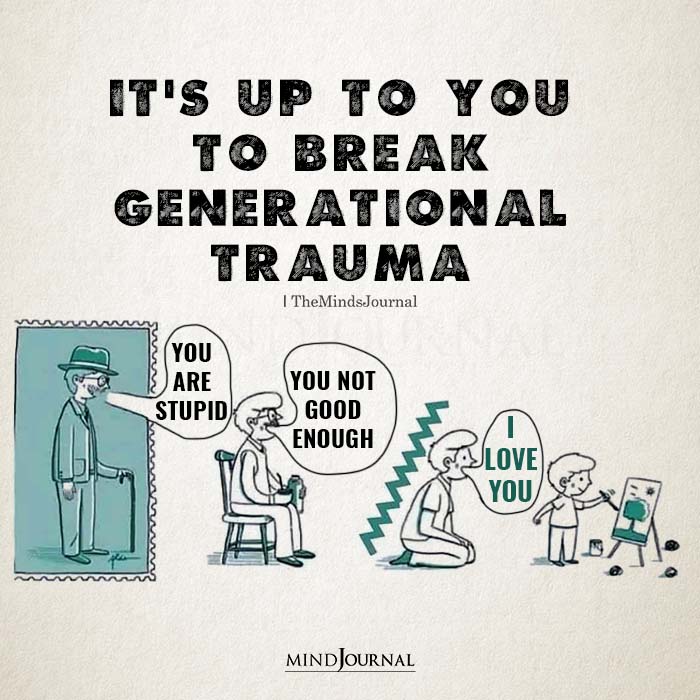
The good news is that if our epigenetic structure can become relatively jumbled due to challenging and painful environmental factors, they may also become more aligned as we make healthier decisions about exposing yourself to less environmental contaminants and, if possible, less emotional contaminants like stress and trauma.
My personal theory about life is that the reality we live in is a rigged game; that all paths lead to learning and growth. The less gentle path may be for the quality of our DNA to degrade, perhaps increasing the likelihood that a) those that can’t adapt fast enough don’t survive, as well as b) sudden mutation jumping us to a different sub-branch of the evolutionary tree.
The more gentle path to evolution maybe by bringing our epigenetic code into higher states of alignment by healing our past pain and trauma and perhaps even healing the trauma that was passed to us from our ancestors.
The only question that remains is: what kind of species do we wish to be?
Watch out the video to better understand the problem of intergenerational trauma
Written by Jonathan Davis
Source Uplift Connect
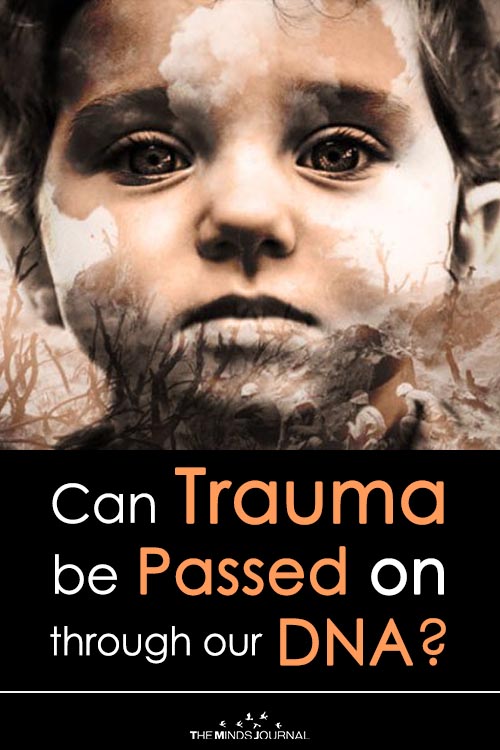

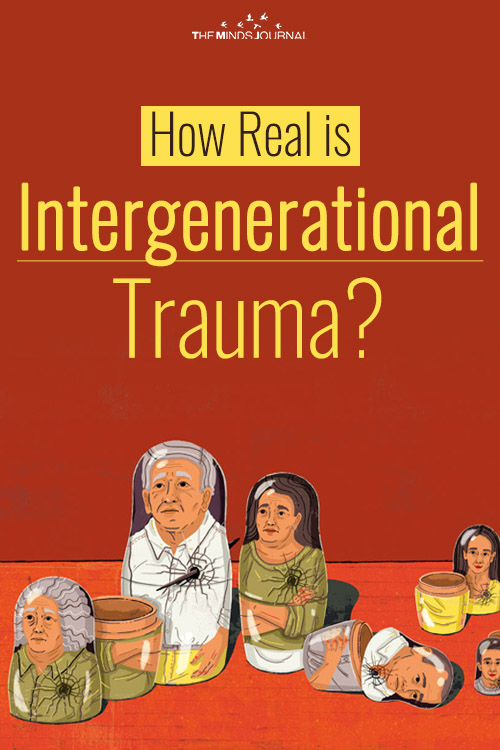

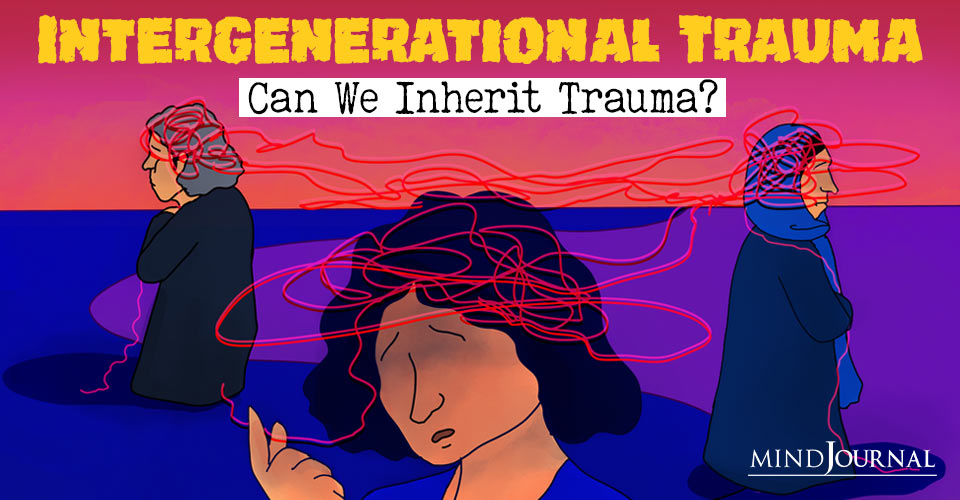
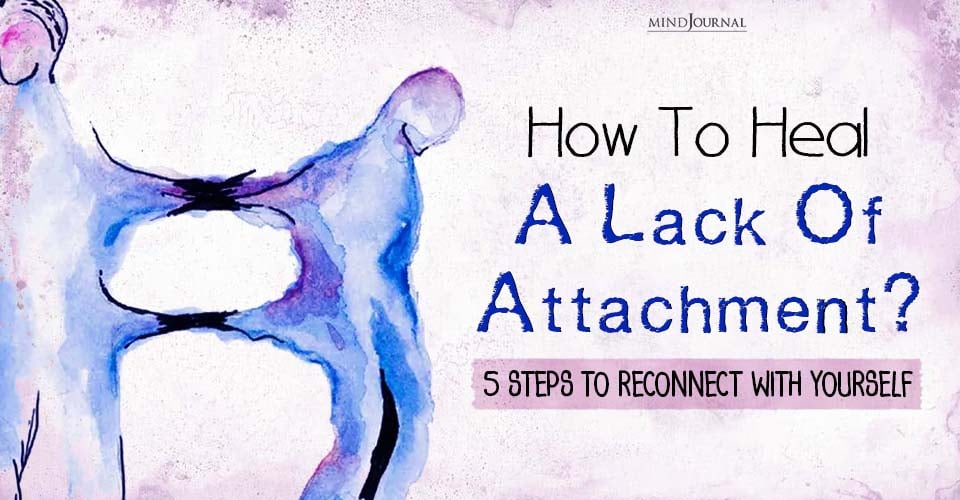



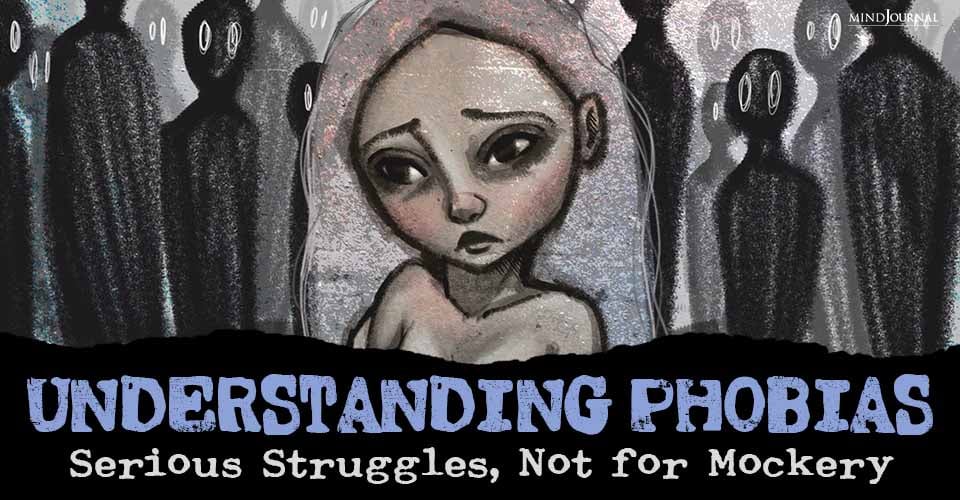
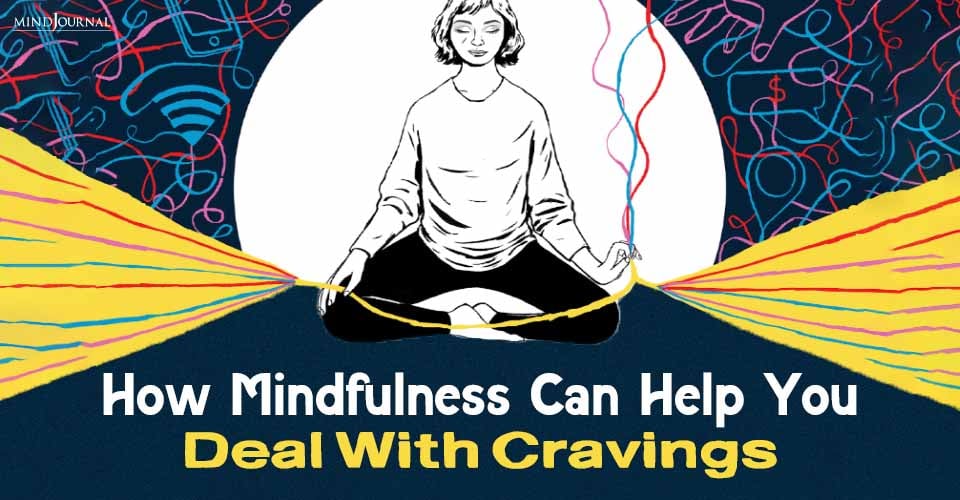

Leave a Reply